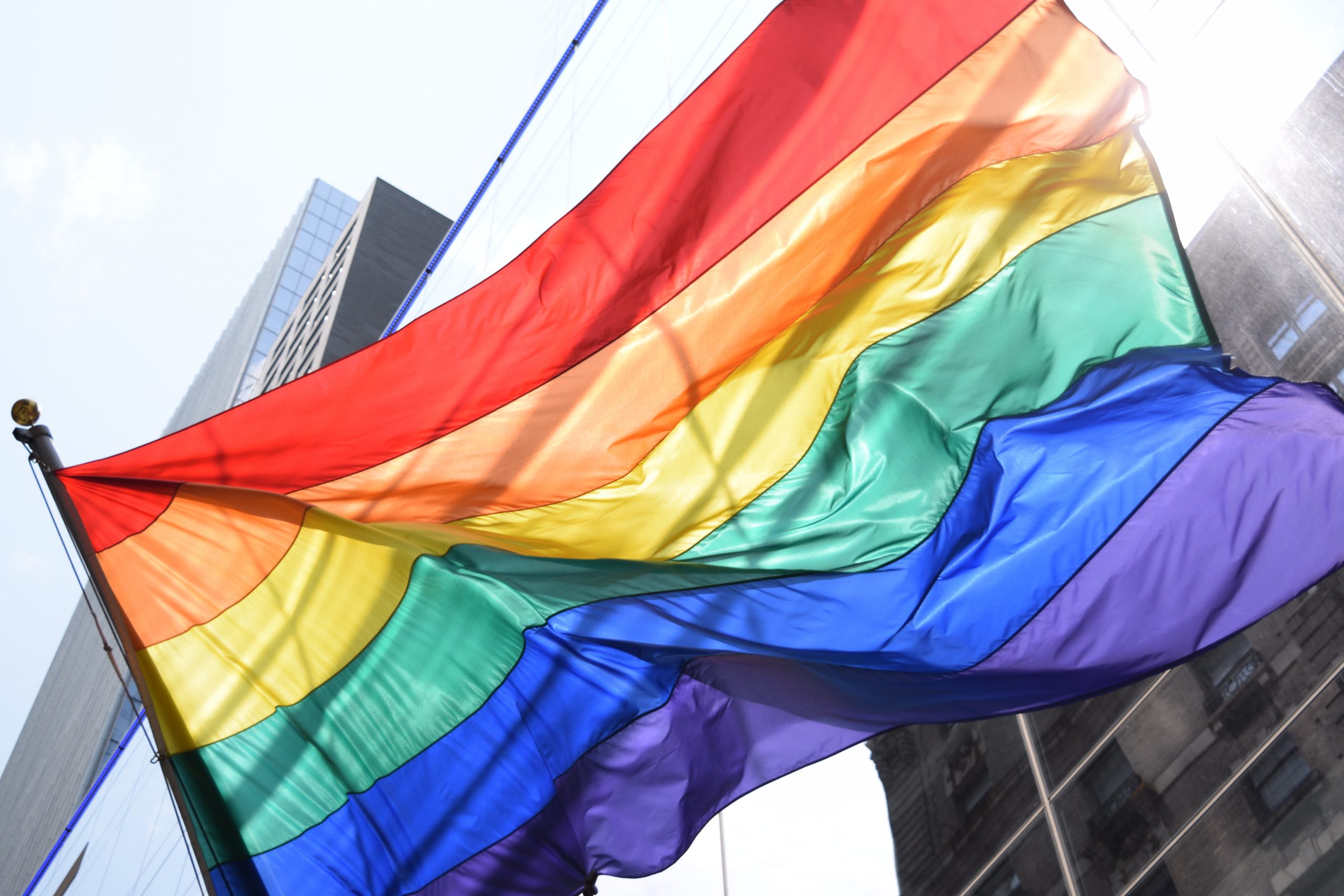Lesbian, gay, bisexual, transgender, queer, intersex, and asexual (LGBTQIA+) members don’t necessarily face a higher risk of mental health problems. LGBTQIA+ individuals can, however, suffer from mental health issues due to stigma and discrimination from family, friends, and society.
Being LGBTQIA+ is not a mental illness or disorder. Further, it is vital to be aware of common mental health issues that LGBTQIA+ people may face so you can spot any struggles in yourself or a loved one.
LQBTQIA+ Mental Health Facts
In psychology, mental health refers to psychological well-being. We all cope with life in a different way, coping with stress, interacting with others, and making decisions. Overall, the LGBTQIA+ community suffers from poorer mental health than heterosexuals for a variety of reasons.
LGBTQIA+ youth are more likely to suffer from depression, anxiety, and suicide than their heterosexual counterparts. Moreover, LGBTQIA+ youths who are targeted for harassment and discrimination show some of the highest rates of suicide and suicidal ideology. The LGBTQIA+ community is also faced with a host of mental health barriers.
LGBTQIA+ Community Mental Health Barriers
It can be difficult for LGBTQIA+ individuals to seek the help they need because of stigma and bias. The LGBTQIA+ community and its members face a unique set of mental health challenges. In our heteronormative society, LGBTQIA+ individuals are often stigmatized and faced with bias, and they are more likely to struggle to receive appropriate mental health services. LGBTQIA+ community members often face discrimination, prejudice, harassment, and family rejection, which can exacerbate existing symptoms or cause them to worsen.
There is a need for more knowledgeable and professional providers who can support and celebrate the LGBTQIA+ community’s gender identity, sexual orientation, and other identities. Psychoeducation and support of the family system are important for mental health professionals when a child or adolescent struggles with understanding/supporting their LGBTQIA+ identity. Therefore, a qualified mental health professional can offer valuable support to LGBTQIA+ individuals and their families.
LGBTQIA+ Mental Health Focus
Members of the LGBTQIA+ community typically focus on the following topics in therapy:
Coping and healing from discrimination and bullying
The stigma of being LGBTQIA+ causes many to feel uncomfortable sharing this important part of their identity. The possibility of rejection from peers, colleagues, and friends when people do express this part of themselves can exacerbate feelings of loneliness. It affects a person’s self-esteem, stress levels, and overall well-being most significantly.
Gender Identity
Typically, gender identity is formed very early in life. This refers to how individuals perceive their gender, how they express this to others, and how they want to be treated by others. More and more people are exploring and questioning their gender identity. There are people who can help and support you if you have any questions or concerns about your gender identity. Active participation in therapy can also build a sense of community and trust between two people.
Intimate Partner Violence
The LGBTQ community can be susceptible to several unique aspects of intimate partner violence. A partner being outed or threatened to reveal his/her sexual orientation/gender identity can be used to abuse a partner in violent relationships. It can also act as a barrier to seeking help for the abuse. Depression and anxiety are common effects of abuse.
Healing Issues Related to Body and Dysphoria
Dysphoria is a psychological condition that is commonly caused by or accompanied by mental illness. In contrast to euphoria, dysphoria is a state of being unhappy or sad. An individual experiencing dysphoria may feel sad, tired, worried, or apathetic.
In individuals whose gender identity differs from the gender assigned at birth, gender dysphoria is common. Individuals who transition or begin living as their true gender may begin to experience a resolution to gender dysphoria. The process of transition is the process by which a person aligns their physical characteristics with their gender identity. It can take up to several years for an individual to transition and may involve surgery or hormone treatments, though some of these individuals do not undergo surgery or hormone treatments.
Family Support
Feeling unsupported and misunderstood by family or friends is common. The effects of stress can negatively impact a person’s well-being and increase their vulnerability to mental illness. Thus, finding someone you can confide in and count on for support is crucial. An individual’s concern for family support can be addressed by a mental health professional, or proper resources can be provided.
Trauma and PTSD
It’s often traumatic for people to experience homophobia, biphobia, transphobia, bullying, and shame based on their identities. Individuals can, however, begin healing from trauma with the help of a qualified mental health professional. Further, therapy provides a safe outlet for learning healthy coping skills.
Substance Use
The issue of substance abuse or misuse is a significant concern for this community. A person may abuse substances as a method of coping or self-medication. Through therapy, individuals can develop healthy coping mechanisms in times of distress. In addition to coping skills, therapists teach ways to relieve stress, such as journaling, taking a walk, or talking to a family member or friend.
Ultimately, these disparities are caused by a number of reasons. Trauma and stigma certainly play a role. Getting good mental health care is challenging for many LGBTQIA+ individuals.
If you are struggling with mental health issues, know that there is help available.


